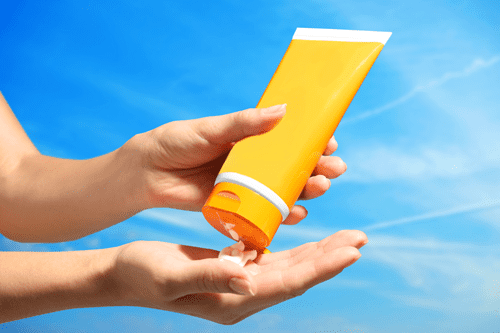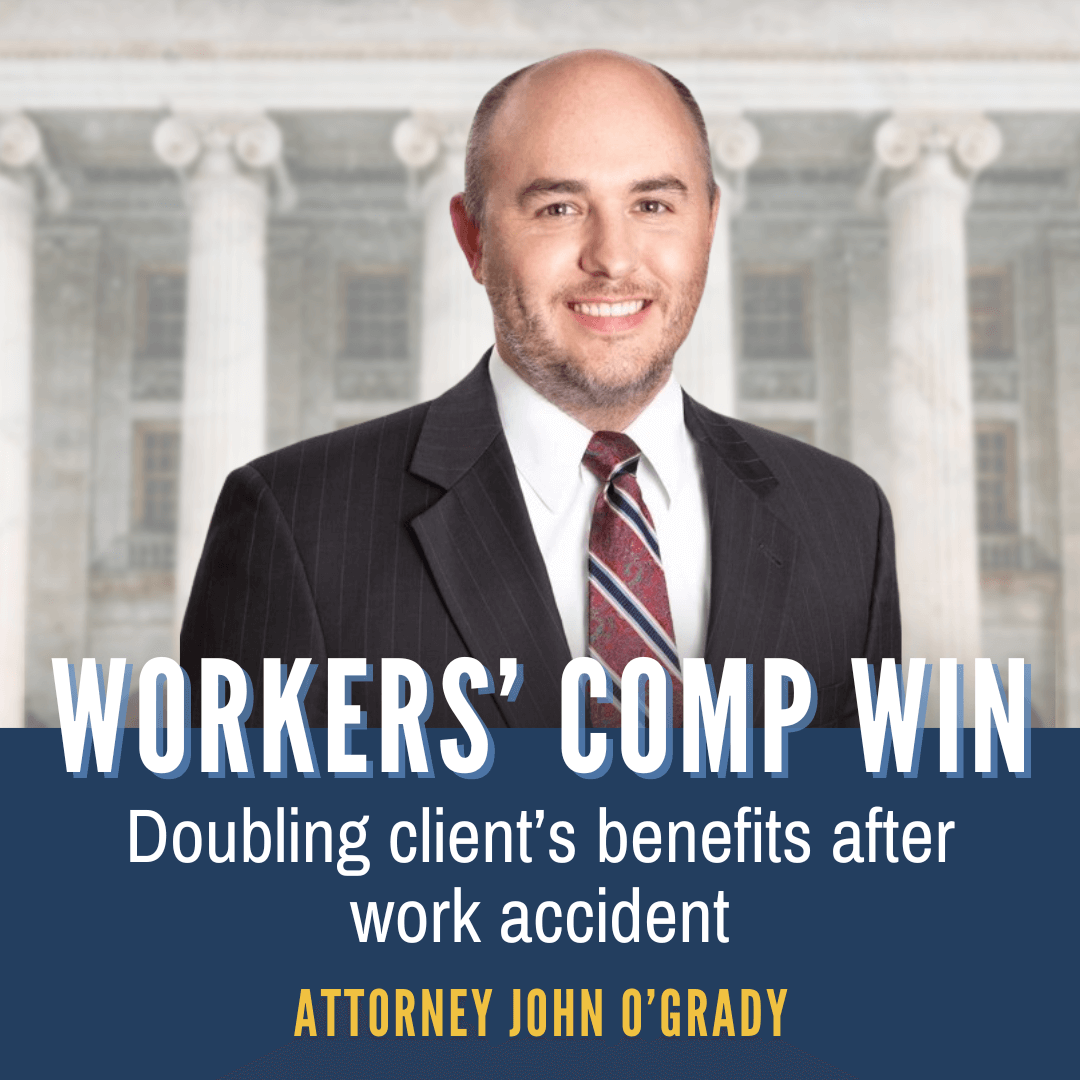After last year’s shutdowns and social distancing, the annual rites of summer — getting outdoors, hitting the beach or the mountains, having fun in the sun — seem more appealing than ever. But a new report that raises questions about the safety of sunscreen products has consumers worried and health officials scrambling for answers.
At the end of May, the online pharmacy and lab Valisure announced that it had detected benzene, an industrial chemical known to cause cancer and other health risks, in 78 popular sunscreen and after-sun products — more than one in four of the hundreds of products tested. The company has petitioned the Food and Drug Administration to recall the products that it claims contain benzene, including several widely available sprays and lotions from Banana Boat, Neutrogena, Aveeno, CVS, and other top brands.
Benzene has no benefit as a sunscreen component and is not listed as an ingredient in the products; to the extent that it’s present in the tested items, the issue appears to be one of contamination during the manufacturing process. On July 14, Johnson & Johnson issued a voluntary recall of more than a dozen Neutrogena and Aveeno products that its own testing indicated had “low levels of benzene in some samples.” Proposed class action lawsuits filed against the company allege that consumers have been misled by the company’s failure to properly identify the ingredients in the products.
In its response to the report, Johnson & Johnson stressed that the levels of benzene at issue were not significant enough to pose an immediate health risk, and that the company was issuing a recall only out of “an abundance of caution.” But FDA guidelines indicate that no amount of benzene should be considered “safe,” and it’s not clear what negative health impacts might result from chronic topical exposure to the chemical, leaving many consumers wondering whether they should stop using their favorite sunscreen brands — at least until the mystery can be resolved.
But heading for the beach without sunscreen isn’t a good option, either. Too much exposure to ultraviolet light without the benefit of sunscreen is a known carcinogen, too — and quite possibly a greater risk to your health than trace amounts of benzene. Health officials suggest consulting with your dermatologist, pharmacist, or other knowledgeable professional about what brand of sun protection might be the best option for you. (“None” is not the right answer.) Consumerlab.com offers a list of the lab results and recommendations about what products to avoid, but accessing the list requires online registration. In any event, it’s best to keep hydrated and limit your time of direct exposure to the sun in summer months; a little shade can be a good thing.
THE PRODUCT LIABILITY LAWYERS AT FDAZAR
If you or a loved one has suffered injuries as the result of a defective product, medical device or a dangerous prescription drug, the product liability lawyers at Frank Azar Car & Truck Accident Lawyers may be able to help. We have been helping injured people receive the compensation they deserve for more than thirty years. We are currently investigating reports of serious side effects involving the diabetes drug Actos, the chemotherapy drug Tasigna, Zantac and other heartburn drugs, the gout drug Uloric, and several other medications. Call us today or contact us here for a free, no-obligation consultation.




